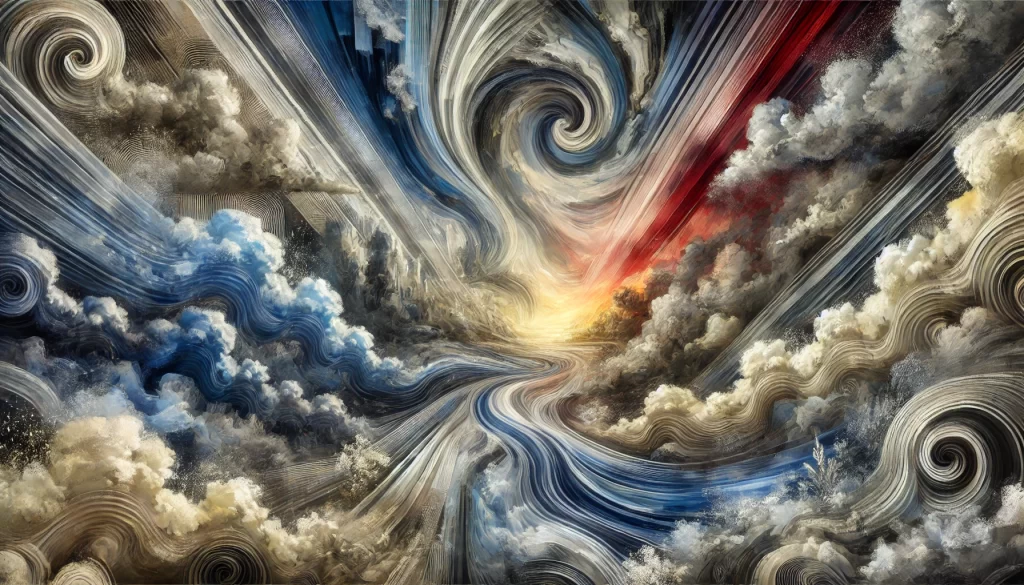In anxious times like these, it’s easy to believe that what we’re facing is unprecedented, that the stakes have never been higher, and that democracy is teetering on the edge. There’s a sense of urgency, a pull to act out of fear. The “Hubris of the Now,” as a colleague calls it, convinces us that our moment is the most exceptional in history—that if we don’t react with alarm, we might lose everything.
But the truth is, we’ve been here before. History shows us that periods of division, crisis, and uncertainty are not new. From civil rights struggles to wars and political upheavals, each generation has faced moments that felt like the tipping point. And yet, we’ve continued, stumbling and progressing, but moving forward nonetheless. This isn’t to minimize the challenges we face; it’s simply to offer perspective.
Feeling the weight of the moment is normal. Fear is a natural response. But it’s important to recognize that fear, when unchecked, can distort reality. It can make us believe that everything hangs in the balance and that any misstep is irreversible. It can cloud our judgment and close us off from dialogue and connection, pushing us further into isolated corners where anger and mistrust fester.
Trusting our institutions, flawed as they may be, is part of what keeps democracy resilient. The systems in place—elections, courts, laws—have withstood tests before. They are not perfect, and they require our vigilance, but they are not as fragile as fear makes them seem. Engaging thoughtfully, rather than reacting out of panic, allows us to see opportunities for action and collaboration, even when it feels like things are falling apart.
It’s okay to feel the discomfort, to acknowledge the fear, but it’s equally important not to lose perspective. The Hubris of the Now can lure us into thinking that this is the end, that this time it’s different. But history, for all its repetition of crisis, also shows resilience, recovery, and renewal. Holding onto that truth allows us to navigate these turbulent waters with steadiness, rather than being swept away by the storm.
Pema Chödrön writes, “Only to the extent that we expose ourselves over and over to annihilation can that which is indestructible be found in us.”
Feel all the feels. But know that you – and all of us – are stronger than you may think.


